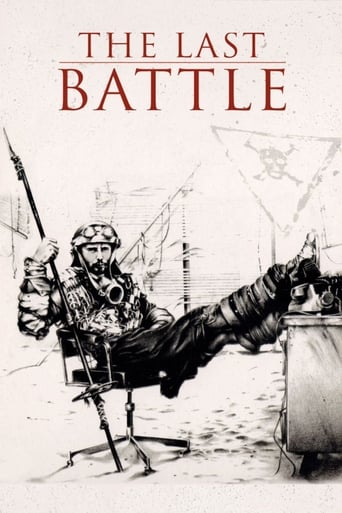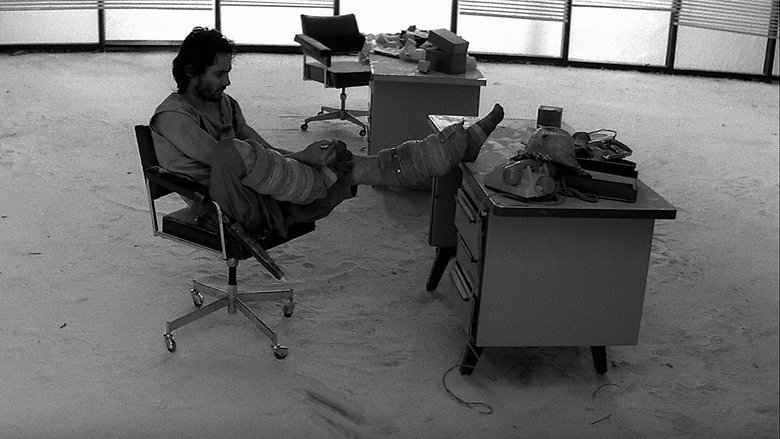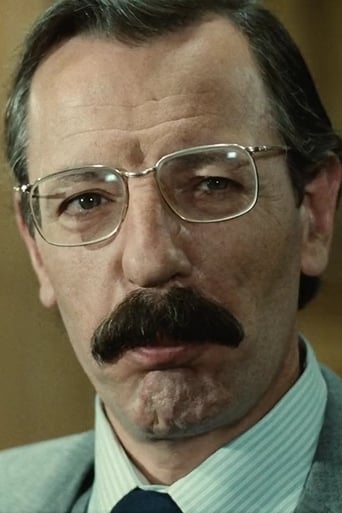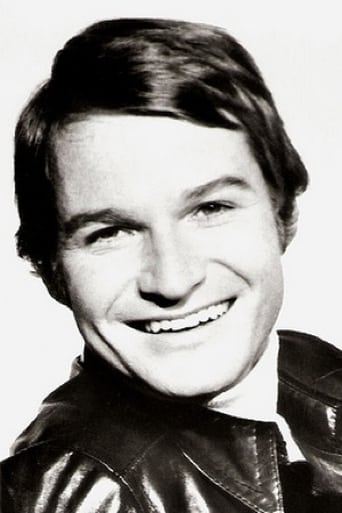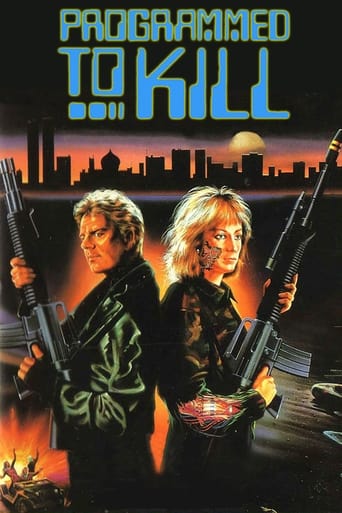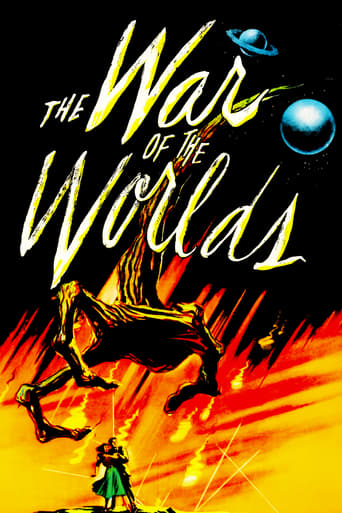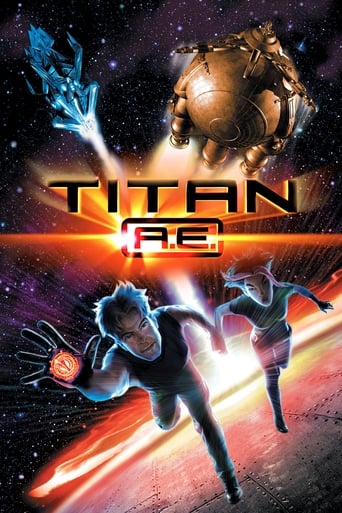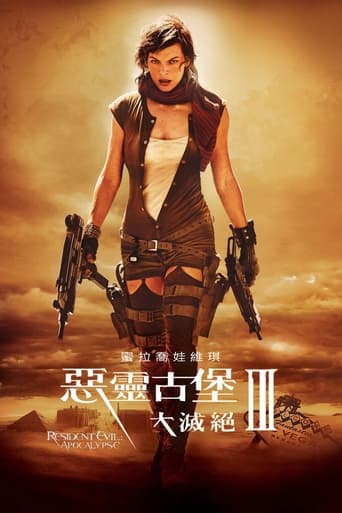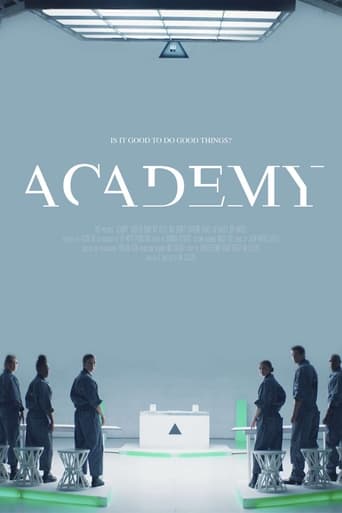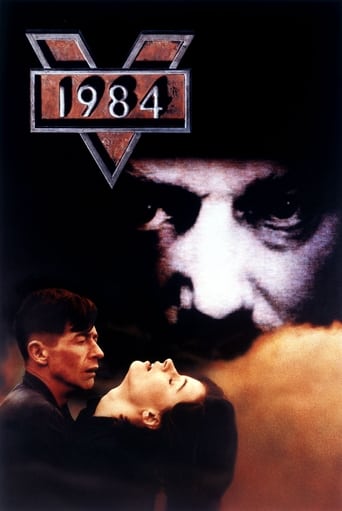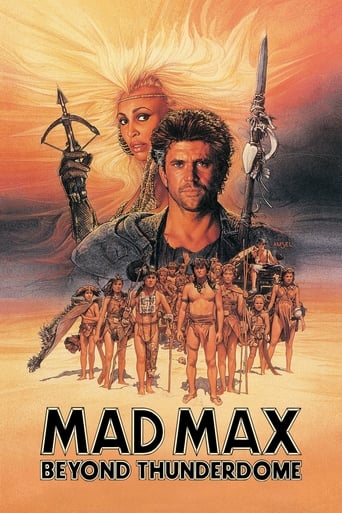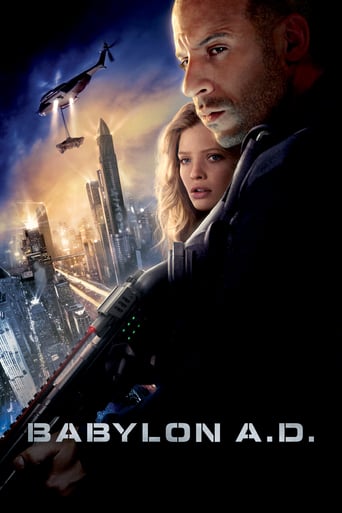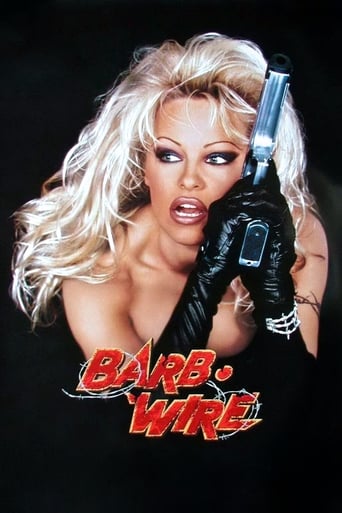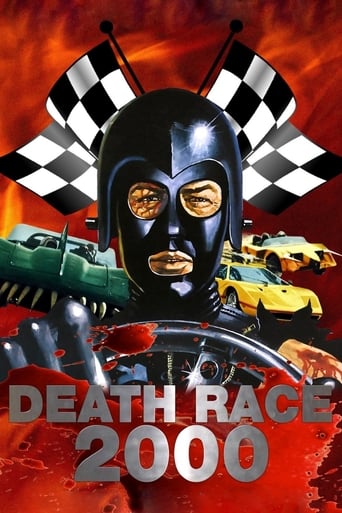The Last Battle (1983)
The plot explores the devastation of civilization and issues of brutality, hostility and isolation. Pierre Jolivet stars as the main character (identified only as "The Man" in the end credits) who is menaced by "The Brute" (played by Jean Reno) on his journey through a world filled by people rendered nearly mute by some unknown incident.
Watch Trailer
Free Trial Channels
Cast


Similar titles
Reviews
Excellent, a Must See
Am I Missing Something?
At first rather annoying in its heavy emphasis on reenactments, this movie ultimately proves fascinating, simply because the complicated, highly dramatic tale it tells still almost defies belief.
The movie is wonderful and true, an act of love in all its contradictions and complexity
This was the debut film from director Luc Besson (Léon, The Fifth Element), this film featured in the 1001 Movies You Must See Before You Die book was a different kind of French film, I didn't have to worry about subtitles, because I had no idea it was completely mute. Basically in an unspecified point in the future, the world has become a post-apocalyptic wasteland, and only a few humans have survived whatever the disaster was, and none of them are able to speak or communicate verbally, most likely due to some kind of gas or radiation exposure destroying their vocal cords. Using physical movements and expressions only to communicate, all those who are left alive from the devastation of civilisation are fighting for survival, trying to find food and most fending for themselves, living in isolation, and the only way they can get by is through using brutality and hostility. The main character is known only as The Man (Pierre Jolivet) who is battling against the vicious character known only as The Brute (Jean Reno, in his feature debut), using improvised weapons and armour made from parts in the wreckage and their own remaining physical strength, they are only two of a few people left, and practically all are against each other. Also starring Jean Bouise as The Doctor, Fritz Wepper as Captain, Christiane Krüger as Captain's Concubine, Maurice Lamy as Dwarf, Michel Doset as Captain's Man, Pierre Carrive as Captain's Man and Bernard Havet as Captain's Man. The acting is obviously crucial to what is going on, because the film has absolutely no dialogue, only a little grunting and stuff, in his first acting role Reno proves himself a terrific villainous character, there obviously isn't any plot, it is just literally the last few humans on Earth fighting each other to survive and get whatever resources they can, an interesting poetic and cataclysmic science-fiction film. Very good!
I am a long time fan of Luc Besson's work, and for about as long as I've known his name, I've also looked for this movie. I tried looking for this movie all over California for over four years. this past summer i took a trip to Europe, one of my missions on this trip was to at least see this movie. long story short, I bought it and watched it in France! I was blown away, it completely made my trip and i finally feel content that i have seen Luc Besson's first work. absolutely amazing character development, very thought provoking, great acting and the ultimate concept movie. if you are a concept movie fan this is one of the most original and classic. I feel as though it is a rare treat to see a movie like this one, its risky, its unorthodox, and ultimately its just downright unique. if you are a Luc Besson fan, its indeed a must see, however, whether your a Besson fan or not, its definitely an important work, overall a great contribution to the immortal art of cinema.
Le Dernier Combat/The Last Battle (1983) is a film that fits perfectly into the post Blade Runner/post Mad Max subgenre of the post-apocalyptic art drama. Other examples of this style of film-making can be found in Sogo Ishii's Burst City (1982), Lars von Trier's The Element of Crime (1984) and Shinya Tsukamoto's Tetsuo: The Iron Man (1988).As with those particular films, The Last Battle is notable for its visual design and emphasis on style over narrative; with director Luc Besson creating a dark, dank and depressing world of decay and dilapidation. The visual iconography is filled with rich, if somewhat slightly superficial detail; including distressed buildings, burnt out cars and gangs of feral warriors stalking the shadows. This is combined with a plot that attempts to encapsulate the metaphorical struggle of every day existence, with plenty of room left over for Besson to create a lingering sense of atmosphere and some inventive visual set-pieces. The film would be one of the first to introduce the concept of "cinema-du-look"; a brief cinematic resurgence in French cinema that saw a younger generation of filmmakers looking back to the days of the Nouvelle Vague and combining that sense of playful experimentation with elements of early 80's pop culture. Besson would come to define this movement with his second feature, the chic and silly crime thriller Subway (1985), by creating an archetypical cinema-du-look experience to stand alongside Diva (1981) by Jean Jacques Beineix and Mauvais Sang (1986) by Leos Carax.In keeping with the high-style/high-concept approach, The Last Battle is notable for its overall cinematic design. Firstly, the film is almost wordless, with no real dialog interaction, only sounds and a smattering of very 80's synth music care of Besson's regular musical collaborator Eric Serra. Secondly, the film is shot in black and white cinemascope, with much juxtaposition between the expressionistic use of light and shadow with the almost cinema-vérité like use of actual, physical production design and, occasionally, hand-held cinematography. It gives us a slight hint of the direction that Besson would follow with later films, such as his trio of 90's masterworks, La Femme Nikita (1990), Léon/The Professional (1994) and The Fifth Element (1997); but really, this could still be seen something of an anomaly within his vast body of work.The basic plot of the film can be explained in a single line, with the story exploring the devastation of civilization and issues of brutality, hostility and isolation. Here, French pop singer Pierre Jolivet stars as the main character (identified cryptically as "The Man", again, emphasising the anti-plot/anti-narrative approach of the film) who is menaced by "The Brute" (played by Besson regular Jean Reno) on his journey through a world filled with people rendered mute by an unknown incident. It is the titular battle of both cunning and wits between Jolivet and Reno that becomes the backbone of the film, with the two characters testing each other, both mentally and physically, in a series of prolonged visual set-pieces. Alongside these scenes we get some surreal moments and elements of broad humour that owes a small debt to the silent comedy of Chaplin and Keaton and a lot of exploration of the visual geography of the world that Besson creates, quite spectacularly, on an incredibly limited budget. Ultimately the film points towards the futility of conflict in an era when people should be banding together in order to fight the bigger issues, but this is all perhaps secondary to the world that is created and the incredibly visual way in which Besson chooses to interpret it. Obviously having no dialog and only a few minutes worth of dated electronic music, combined with the vague characterisations and emphasis on style over content, The Last Battle certainly won't be a film for everyone. Even if you're already familiar with Besson's trio of 90's classics, or even lesser known cult films such as The Big Blue (1988) and Angel-A (2005), the look and feel of The Last Battle might still be something of a shock to the system.The film at times feels like an action film, but really, when we think about it, there isn't all that much depicted in the way of conventional action. Likewise, the film could be approached as something of an art film, but again, it seems almost too shallow or too playful to appeal to that particular crowd. So who will this film appeal to? I guess the target audience is anyone with an open mind and a real love for all forms of cinema, regardless of genre or convention. Besson fans too might appreciate seeing his first feature film, which really strays from the sun-kissed cool of Subway and The Big Blue, or the ultra-chic violence of Nikita and Leon. It isn't something that I would call a classic, but for me, personally, the film has a lot to recommend; chiefly that great sense of style and the use of black and white, widescreen cinematography; which really makes it stand out. Likewise, the performances from the two leads, Jolivet and Reno, as well as Jean Bouise as an aging doctor who looks after Jolivet's nameless drifter, are all commendable, drawing on subtlety and a strong sense of physicality to compensate for the lack of dialog and plot.The Last Battle may not be a masterpiece and may very well prove to be something that alienates many potential viewers; however, having said that, one really has to admire Besson's scope and vision, especially at this early stage in his career. Thematic similarities noted by other critics to films such as Claude Feraldo's Themroc (1973) as well as the aforementioned Mad Max 2: The Road Warrior (1982) are constant, as is the vague feeling of nostalgia when you consider how much subsequent music videos and TV commercials have borrowed from this particular style. So, a real cult film for anyone with a keen appreciation for underground art-cinema, post-apocalyptic sci-fi or the work of Luc Besson.
Le Dernier Combat is an interesting and memorable take on the familiar postapocalyptic scenario, and its primary conceit -- its near-total lack of dialogue -- is effective, but ultimately it's a stylish but overly familiar "lone hero of the apocalypse" story without much to add to our understanding of human nature.The absence of dialogue in the film, while interesting, is not quite original -- it was done 20 years earlier in the Twilight Zone episode "Two" (starring Charles Bronson and Elizabeth Montgomery), which like this film took place in postapocalyptic wasteland; and that story, compressed as it was into a half-hour episode, carried an emotional heft largely lacking in Luc Besson's take.The problem with this film, as with most of Besson's work, is its essential shallowness; while Le Dernier Combat is undeniably a visually appealing work which showcases Besson's ample talents as a maker of stylish, humorous and thrilling action films (Le Femme Nikita, Leon), and while it does feature some genuinely touching and quirky moments, Besson's ability to plumb the depths of human nature falls far short of what a story of this kind demands. The other major problem with this film, for a contemporary audience, is the music. Le Dernier Combat is saddled with a laughably inappropriate early 80's jazz-disco score that practically drains any dramatic impact from scenes in which it appears. Jaunty dance music isn't quite what one expects in a scene of tragic human suffering. Even Tangerine Dream would be preferable to Eric Serra's work on this film.Le Dernier Combat is a film worth seeing, if only so that Luc Besson fans can get an early glimpse of the Besson style in its infancy, and there is no denying the appeal of its performances and the impressive fact of how visually dynamic the film is given its rock-bottom budget. But science fiction fans expecting a powerful human drama should lower their expectations.

